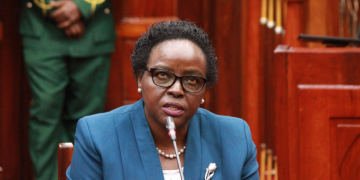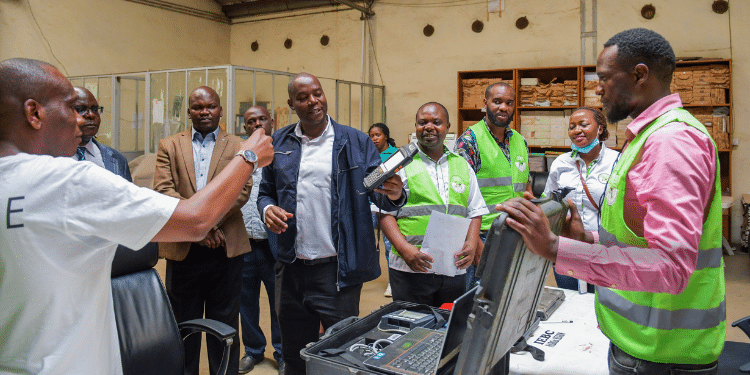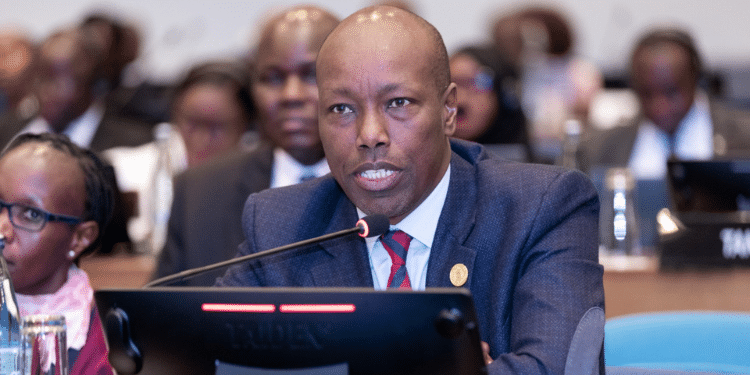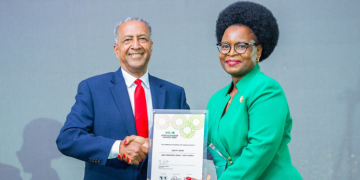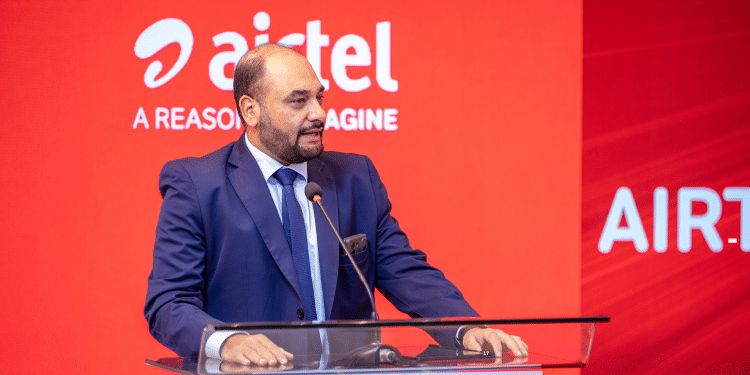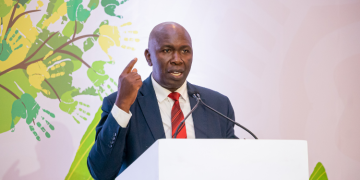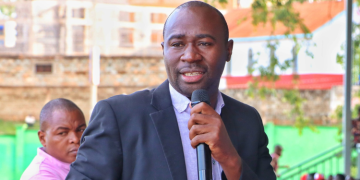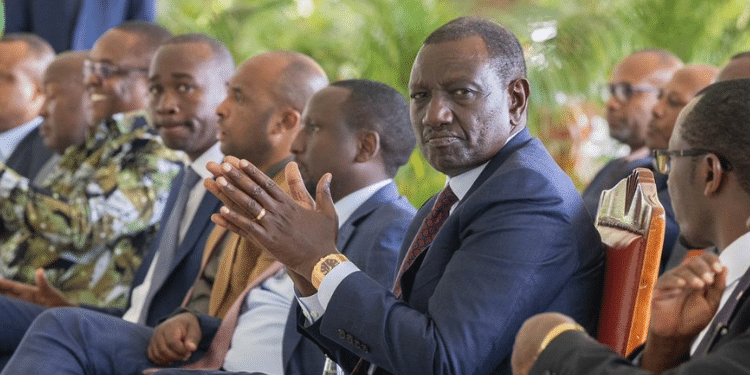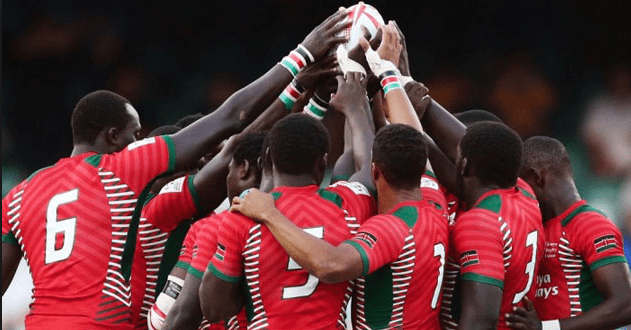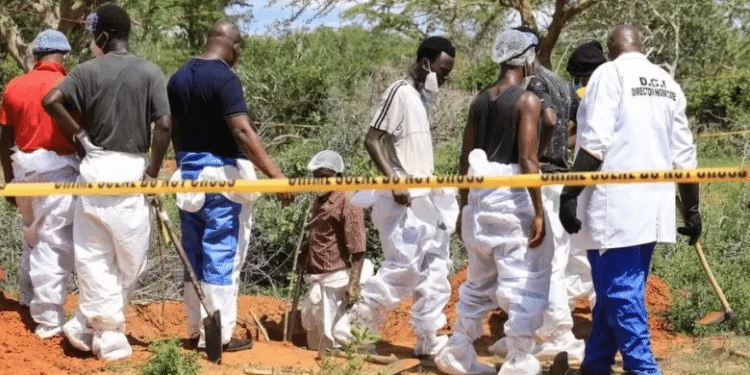The tragic incident of mass “starvation suicide” in Shakahola, a secluded village in eastern Kenya near the popular tourist destination of Malindi, has generated profound shock within both the Kenyan community and the international sphere.
Pastor Paul Mackenzie, the leader of the Good News International Church, instructed his followers to undertake a fasting ritual leading to their untimely demise. He manipulated their beliefs by convincing them that fasting would serve as their pathway to meeting Jesus and that the world would end on April 15, 2023.
As of May 19, 2023, approximately 230 bodies had been discovered in shallow graves spanning the 800-acre ranch in Shakahola. Tragically, all the victims were members of Mackenzie’s church, comprising individuals of various age groups, including children, young adults, and older individuals. Disturbingly, Mackenzie had declared his intention to be the last to succumb to starvation.
Kenyans and Religious Institutions
Vulnerable Kenyans who rely on religious institutions, risk exploitation by some leaders, particularly within evangelical and Pentecostal churches.
Socioeconomic factors like poverty, unemployment, limited education, lack of social support, and political instability fuel the growth of cults in Kenya.
The country’s National Gender and Equality Commission note that poverty intensifies these reprehensible acts, disproportionately impacting vulnerable groups, such as women, children, and older adults. The court issued a press statement on April 27 after the government moved the blame to the judges.
[pdf-embedder url=”https://thekenyatimes.com/wp-content/uploads/2023/05/Statement-on-Pastor-Paul-Mackenzie.pdf” title=”Statement on Pastor Paul Mackenzie”]
Also Read: CS Kindiki to Appear Before Senate on Shakahola Probe Progress
According to the pressor, Mackenzie was charged in Malindi on October 17, 2017, with brainwashing, promoting extreme ideologies, and not giving his children the constitutionally enshrined basic education.
Pastor Paul Mackenzie’s Arrest
Following his arrest in 2019 and again in March 2023 on suspicion of killing two children through starvation and suffocation, Mackenzie was released on bond, and the cases remain ongoing in court. Subsequently, he returned to Shakahola Forest, where he altered the predicted date for the world’s end from August to April 15, 2023, further amplifying his cult-like teachings.
Exploiting religion to commit horrendous crimes like mass killings violates international laws and contradicts the core principles of any religion, which advocates for peace, love, and respect for human life.
The Constitution of Kenya guarantees the fundamental human right to life (Article 26) and freedom of conscience, religion, thought, belief, and opinion (Article 32). However, it does not explicitly address situations where individuals intentionally harm themselves for religious reasons or when spiritual practices harm followers who may be unaware or manipulated.
Also Read: Raila Criticizes President Ruto Over the Shakahola Tragedy
The devastating events in Shakahola shed light on significant deficiencies within the Kenyan legal system, which struggles to uphold fundamental human rights like the right to life while respecting freedom of worship. Additionally, this incident reveals a lack of proactive measures that government authorities took to fulfill their obligation to ensure citizen safety.
Identifying individuals within the security and regional administration sectors whose negligence or actions may have contributed to the tragedy has yet to be forthcoming. The government’s failure to address and hold accountable both state and non-state actors obstructs the path to justice and undermines efforts to prevent similar incidents in the future.
National Coroners Service Act
Moreover, the failure to effectively implement and enforce the National Coroners Service Act of 2017, which safeguards the right to be free from persecution, torture, and ill-treatment, significantly undermines the government’s capacity to ensure the safety and security of Kenyan citizens.
The absence of an independent and adequately funded forensic agency, a scarcity of diverse forensic experts, and a comprehensive database of missing and deceased individuals pose considerable challenges to the state’s investigative and prosecutorial capacity for large-scale crimes.
Also Read: MCK Criticizes Police for Preventing Media Coverage of Shakahola Tragedy
During grave identification, exhumation, and autopsies, restrictions were imposed on non-state actors, including civil society organizations, media professionals, and local community members. These limitations undermine journalists’ constitutional rights and contribute to misinformation. The media played a crucial role in uncovering the events in Shakahola before the government intervention.
The Shakahola tragedy raises essential questions. Should Kenya consider regulating religious organizations? How can the country strike a balance between freedom of worship and curbing the influence of unethical preachers through legislation? What avenues are available for citizens when the judiciary and government cannot meet their obligations? Should victims of cult-like ideologies receive government compensation?




